Control and Weakness
Mark 4:26-34
26 He also said, “This is what the kingdom of God is like. A man scatters seed on the ground. 27 Night and day, whether he sleeps or gets up, the seed sprouts and grows, though he does not know how. 28 All by itself the soil produces grain—first the stalk, then the head, then the full kernel in the head. 29 As soon as the grain is ripe, he puts the sickle to it, because the harvest has come.”
30 Again he said, “What shall we say the kingdom of God is like, or what parable shall we use to describe it? 31 It is like a mustard seed, which is the smallest of all seeds on earth.32 Yet when planted, it grows and becomes the largest of all garden plants, with such big branches that the birds can perch in its shade.”
33 With many similar parables Jesus spoke the word to them, as much as they could understand. 34 He did not say anything to them without using a parable. But when he was alone with his own disciples, he explained everything.
Good morning. What is it about the Kingdom of God that is so puzzling? What is it about the Kingdom of God that is so frightening? Well starting in July, my older sister, Kelsey Byers, and myself have negotiated terms to co-teach the adult bible class on the gospel of Mark with a desire to address our struggles with comprehending the meaning and application behind Jesus’ proclamation of the Kingdom of God.
In the first parable, we get a sense that the Kingdom of God grows in a hidden, mysterious way, independent of human effort or control. Herein lies the first problem, control. For at the heart of our every sin stands an insatiable appetite to exercise control over not only our choices, but the choices of others as well. Consequently, these unquenchable cravings to influence events or another’s will for our schemes and agendas comprise much of our frustration and heartache.
The coming of the Kingdom of God scares us precisely because it us asks not only that we give up future endeavours to control our circumstances, but to acknowledge the hard truth that we were never in control to begin with. In a contemporary culture of self-help and self-reliance, the notion that our help and our relief depends on something beside ourselves is heresy.
Yet if the gospels teach anything, it is that Christians have no need to fear the truth. And when we use truth to push through our fears we realize who better to take control of our lives than the One created the universe? Who better to regulate our every thought than the One who formed us out of the dirt with his hands? Who better to give our allegiance to than the One who secured our salvation using a cross and a empty tomb?
In the second parable, the image of the mustard seed portrays a kingdom that while miraculous and grand retains a quality of lowliness. For Mark, the kingdom of God draws its power from a position of weakness. Herein lies the second problem. For the only thing human beings desire more than control is power. Nations and empires today sustain themselves through viciousness and coercion.
The coming of the Kingdom of God terrifies us exactly because rather than adopting means of violence and domination, it compels us to embrace lives of peace and servanthood embodied most perfectly in the life, death, and resurrection of Jesus Christ. Furthermore, it is only by orienting ourselves from a position of weakness will we ever feel God’s power working in our lives.
And again, who better to deliver us from our weakness than the One who parted the Red Sea? Who better to rescue us from our brokenness than the One who kept the flames of the fiery furnace at bay? Who better to liberate from death than the One who defeated it?
CJE

